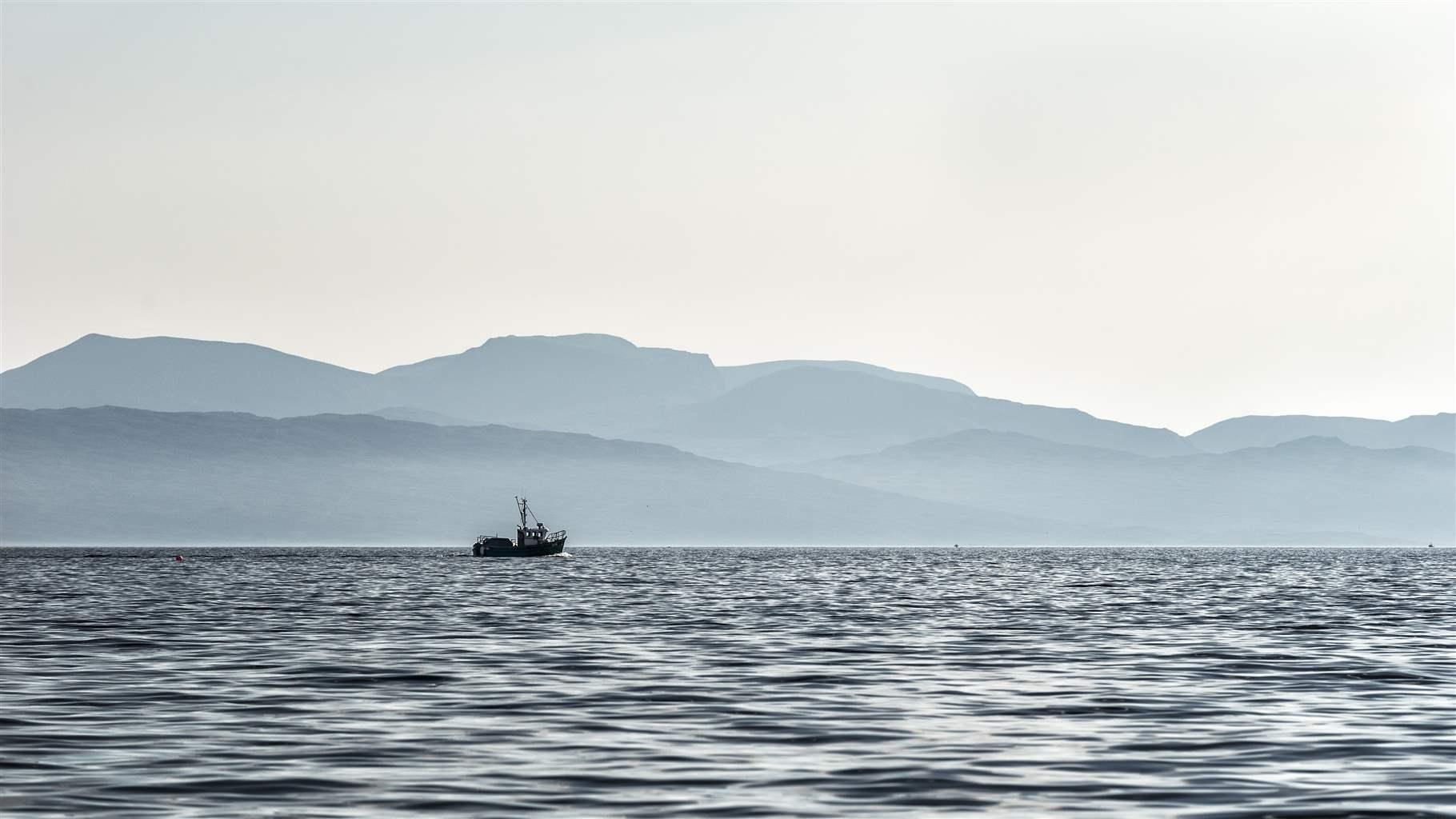After Clarifying Post-Brexit Processes, European Fisheries Management Must Improve in 2021
EU, UK, and Norway should set sustainable catch limits and improve transparency of talks

2020 brought unprecedented disruption to European fisheries management, with Brexit greatly complicating policy negotiations and the COVID-19 pandemic disrupting everything from commercial fishing operations and the oversight process to seafood processing and consumption. Much remains uncertain for 2021, so let’s examine what’s next for European fisheries managers.
The Trade and Cooperation Agreement reached by the EU and UK on Christmas Eve provides some stability for future management and includes agreement on contentious issues such as allowing each party’s vessels to access each other’s waters, and how quotas will be shared. The framework provides management objectives—and safeguards to ensure that these are delivered—which together should keep both parties focused on prioritising sustainability in their decisions.
Still, these safeguards could—and should—have been stronger. For example, negotiators agreed to water down the requirement to set fishing levels in line with scientific advice, a risky move that the UK apparently demanded. But the agreement overall, particularly the prioritisation of environmental sustainability and the requirement to restore stocks above sustainable levels, provides some protection against politically expedient decision-making and the overfishing that can lead to—if the UK and EU stick to it.
The first task at hand is to agree management measures, and in particular catch limits, for 2021. At its December meeting, the EU’s Fisheries Council put in place full limits for the small portion of annual catches that it manages on its own—but only provisional limits for the much larger portion that it shares with the UK and others such as Norway—to allow fishing to continue in the early months of 2021 while negotiations between all parties continue. So the real test of managers’ commitment to sustainability will come with the setting of final limits. It is not yet clear how these limits will be agreed, so transparency and the accountability of decision makers is already suffering.
Last month’s meeting gave some hints of what is to come. Because of Brexit, this played out very differently from past council meetings, with a smaller number of catch limits being fully agreed. The council also agreed the EU’s provisional limits for shared stocks.
Despite the smaller scope of the meeting, ministers held to their tradition of holding all-night talks on the second day and to resisting efforts by the Commissioner for Environment, Oceans, and Fisheries, Virginijus Sinkevicius, and his team to keep catch limits grounded in the scientific advice published many months earlier. The Commissioner’s words at the end of that long night hinted at the compromises on sustainability that were made to secure ministers’ agreement, and the need to heed the scientific advice when setting catch limits, particularly for fish populations that are already in a depleted or uncertain state.
The limited transparency in the urgent talks among the EU, the UK, and Norway that are now underway risks providing cover for these more short-term and counterproductive political motivations to win the debate as full limits for 2021 are set. It is essential that the Commission maintains its commitment to sustainability, and that the other parties live up to their promises. In September, UK Prime Minister Boris Johnson was among 82 signatories from around the world to the Leaders’ Pledge for Nature, which includes a commitment to end overfishing, and Norway led a high-profile global initiative, signed in December, under which 14 countries agreed to fish sustainably.
Now that many of the quota-sharing and access issues for stocks shared with the UK are resolved (for the time being at least), European governments must deliver on their high-profile commitments to fish sustainably and halt biodiversity loss, a component of the Pledge for Nature.
Too often in recent decades, European fisheries managers have focused on merely limiting damage through short-sighted stopgap measures, rather than agreeing policies that consider the broader marine ecosystem. Such a holistic approach would help keep fisheries productive and profitable while building resilience in the complex marine environment to other shocks, such as climate change. Taking this long view would also be good for the bottom lines of fishing businesses. Agreeing sustainable catch limits for 2021 is a vital step toward that widely agreed goal.
Andrew Clayton leads The Pew Charitable Trusts’ efforts to end overfishing in North-Western Europe.







